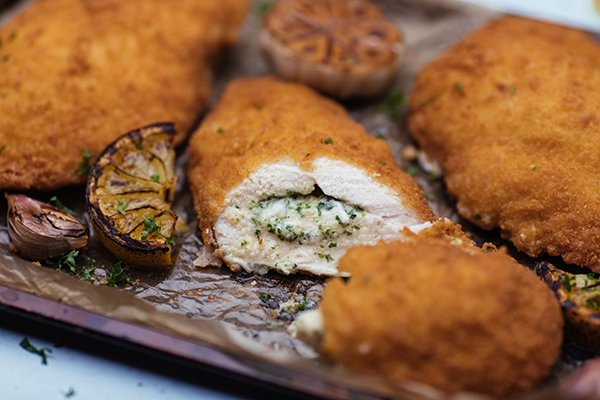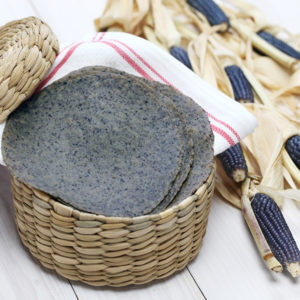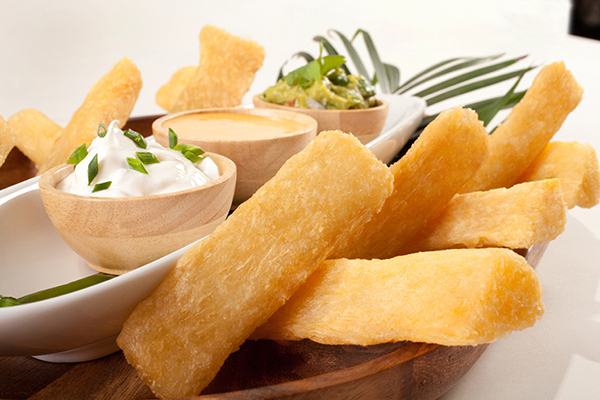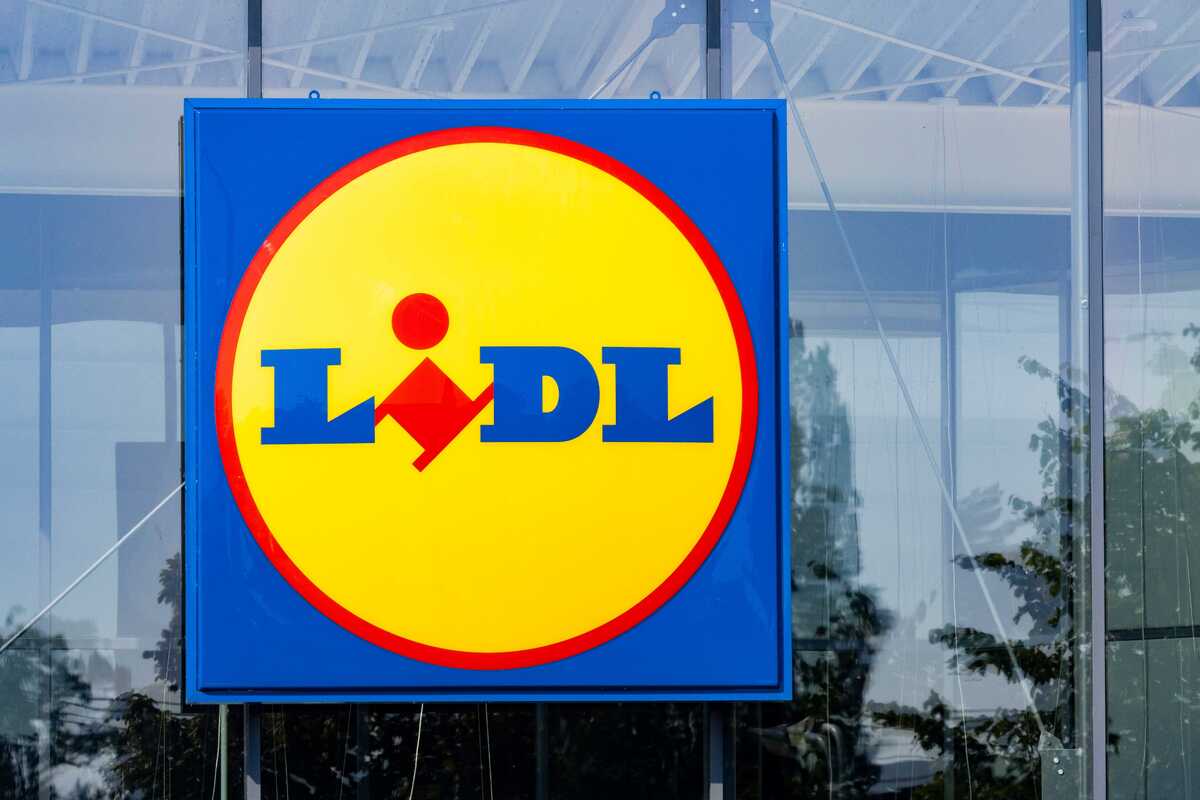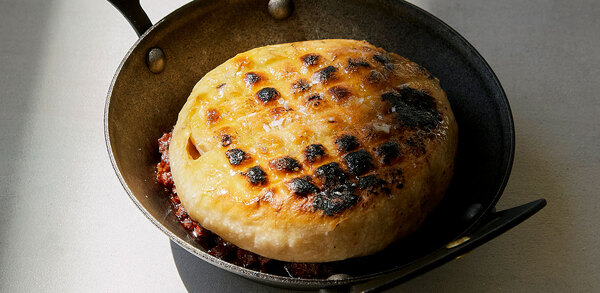The banned wagon: the latest in free-from, vegan and vegetarian products
Formerly a niche market, free-from and vegan dishes are no longer an optional extra but a necessity for operators. Angela Frewin reports
T
The bare statistics â" that there are more than a million vegetarians, 542,000 vegans, 49% of Britons reducing meat consumption, 10% having a diagnosed food allergy or intolerance and 15% suspecting they do â" underline why chefs and suppliers are scrambling onto what Mintel pithily dubs the âbanned wagonâ.
No wonder Brakes plans to become a market-leading supplier of vegan and free-from products by 2019. Its winter launch augmented its existing range with the likes of gluten-free sausages, vegan cheese, veggie burgers, vegetarian pumpkin and sage tortelloni, vegan butternut and lentil wellington, and vegan and gluten-free raspberry and frangipane tart.
Offering genuine choice across the menu for a segmented clientele variably avoiding meat, dairy, eggs, gluten, refined and artificial sugars, GMOs, additives and a host of potential allergens may seem overwhelming to caterers with limited space, storage and budgets.
âThe secret is for operators not to think of âfree-fromâ as a separate range or menu addition that will only add cost to the bottom line, but to think how free-from dishes can be enjoyed by everyone,â suggests Rob Owen, executive development chef at Creed Foodservice. Thereâs no need to dual stock, he suggests, if free-from versions work just as well.
âTo start, it can be helpful to strip back a menu and take things back to basics,â says Elliott. âOne tip would be to start with free-from-based dishes, for example an array of vegan curries to which you can then add meat, fish or paneer.â Developing dishes free from all 14 allergens on the EU regulatory list would give more choice to diners with special dietary needs, she adds, while cutting the need to prepare special batches with the attendant risk of cross-contamination.
Back to basics
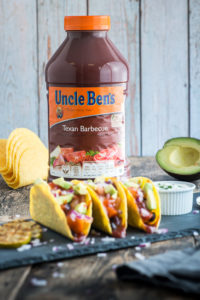
Major International â" which also has a wide gluten-free and vegan portfolio â" is eliminating allergens, such as replacing celery with lovage in its vegetable stock powder. Innovative newcomer Saucy Affair uses herbs, spices, fruit and vegetables in its range of chilled, raw bottled sauces â" such as teriyaki, beetroot and horseradish, and gazpacho and chilli.
Suitable substitutions
With two-thirds of the global population intolerant to lactose, the dairy alternatives market is proliferating and predicted to rise to $35b by 2024, from $8.2b in 2014.
âWe are seeing one the biggest global dietary shifts of recent times towards the dairy-free industry,â says Zephie Begolo, head of campaigns for ProVeg UK, which co-founded World Plant Milk Day in 2017 to promote the rapidly-expanding choice of plant milks such as soy, rice, almond, coconut, hemp and cashew, the latter of which Brakes predicts will topple oat as Britainâs top dairy alternative. Begolo adds: âNowadays there is a dairy-free alternative to everything you could want, from ice-cream to pizza. Going dairy-free doesnât mean going without your favourite foods.â
Quorn, an early pioneer of meat substitutes, has expanded its pre-packaged meals (made from low-fat, high-fibre myco-protein from soil fungus) to cover gluten-free and vegan options.
Other meat alternatives include mushrooms â" Beacon Purchasing supplier Ribble Farm suggests king oyster mushrooms as scallop substitutes and shiitake mushrooms to replace chicken in fajitas â" along with nuts, tempeh (fermented tofu), seitan (wheat gluten) and jackfruit (a shreddable fruit that mimics the texture of pulled pork or chicken).
With demand for vegetarian fare rocketing by 987% in 2017, world cuisines offer a rich archive of time-tested meals that put plants centre plate. Funnybonesâ new Jamaican concept, Irie Eats, includes several gluten-free, vegetarian and vegan options, such as callaloo dutch pot stew, patties with kidney beans in a coconut sauce, rice and peas, ripe or green fried plantain and cassava fries.
Free-from is fermenting a creative melting pot, with trends including courgetti, cauliflower rice, squash used in bread and sweet potatoes replacing sugar in brownies. Houâs new sweet hummus pots are an innovative way for vegans and the gluten-intolerant to enjoy desserts.
Other trends noted by Becky Hover, Brakesâ food marketing manager, include the addition of plant protein to everything from drinks to chocolate bars, and a growing interest in gut health, which she believes will spur demand for probiotic foods and drinks.
Loud and clear
Clear communication on menus and boards is key to attracting a label-scanning clientele, as is accreditation by recognised bodies â" French food producer Tipiak boosted UK sales of its macarons by 26.7% to one million-plus last year after gaining the French Coeliac Association marque.
âDiners with dietary requirements in a group are very often the ones who determine where a party will eat,â concludes Gordon Lauder, managing director at Central. âUse relevant hashtags on booking sites and social media when promoting dishes on Instagram, Twitter and elsewhere, so that diners searching for specific free-from dishes can easily find your outlet.â
Allergen alert
Accurate allergen information can be a matter of life or death, as highlighted by the recent inquest of a young girl killed by unlabelled sesame in a Pret A Manger baguette.
Compassâs Restaurant Associates is trialling an interactive allergen guide at the Wellcome Collectionâs London conference centre to offer what event spaces manager Daniel Caleb describes as âaccessible and inclusive dining for allâ. The TASnow touchscreen allows delegates to view menus and allergen guides (and send them to their phones) to ensure dishes suit their dietary needs.
Target market
Buzzworks Holdings, which operates 10 Scottish restaurants, views the demand for vegetarian, vegan and dairy-free dishes as a highly profitable opportunity. âThose who want these options have become a substantial target market rather than a niche for which Buzzworks caters,â explains Craig Hogarth, executive head chef for Buzzworksâ two Scotts restaurants. Their free-free options include eight starters and seven mains, which are displayed on the main menus.
To reduce stock-holding and wastage, it selects products that can be used in a range of dishes across the menu. âWe know that certain products are good sellers, such as chickpeas, quinoa and avocados, so we create dishes that complement those ingredients,â explains Hogarth. âOur chefs are tasked with creating high-impact flavours that steer away from the mundane, generic dishes that are often included as an afterthought on menus up and down the country.â
Gut reaction
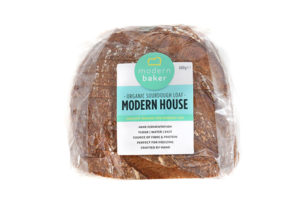
Founded in 2015 by Leo Campbell and Melissa Sharp as a âpurpose before profitâ company, Modern Baker has developed a concept café, an expanding retail brand and its own R&D facility. Itâs even built a lab version of a human gut, in partnership with Newcastle University, to test the impact of its yeast-free, 48-hour cold-ferment process (which creates a more digestible, low-GI loaf loaded with gut-friendly bacteria) along with vegetables and cereals such as spelt, bran and heritage grains.
Early results show its cold fermentation process massively reduces gluten levels compared with fast-baked industrial loaves packed with refined flours and additives. They also found that freezing baked loaves creates resistant starch and ensures the fibre reaches the gut. By contrast, most industrial loaf fibre makes zero contribution to gut health and is absorbed as glucose, thus raising blood sugar levels.
Suppliers
Beacon Purchasing www.beaconpurchasing.co.uk
Bidfood www.bidfood.co.uk
Brakes www.brake.co.uk
Central Foods www.centralfoods.co.uk
Creed Foodservice www.creedfoodservice.co.uk
Funnybones Foodservice www.funnybones.co.uk
Major International www.majorint.com
Mars Food Europe/Aimia Foods www.aimiafoods.com
Modern Baker www.modernbaker.com
Quorn Foodservice www.quornfoodservice.co.uk
The Saucy Affair www.thesaucyaffair.com
Tipiak Foodservice www.tipiakfoodservice.co.uk



